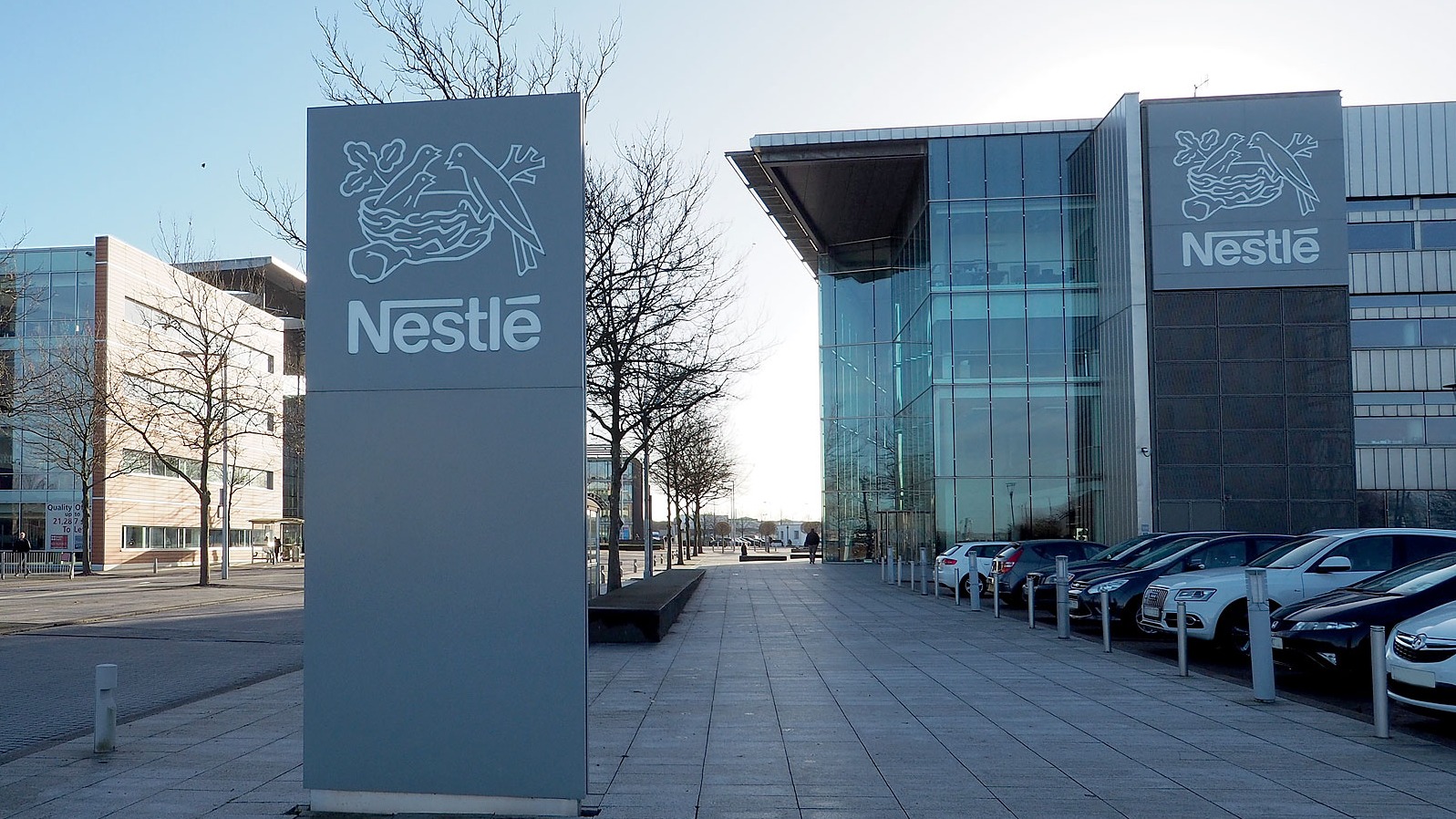Several brands and charities have joined forced to pilot a scheme which uses AI technology to redistribute the equivalent of 1.5 million surplus meals in the UK.
Companies including Nestlé UK&I, Google Cloud, FareShare and Howard Tenens Logistics are aiming to save some of the 4.6 million tonnes of edible food which is wasted in the UK each year in the “first of its kind” project.
The project is using an integrated AI-powered platform from Zest, formerly The Wonki Collective, which leverages Google Cloud’s BigQuery and Vertex AI platform to streamline and accelerate the process of matching available surplus food, including products and ingredients, to where there is demand.
Early trials of the platform have seen an 87 per cent reduction in edible food waste at a single Nestlé factory over a two-week period.
Logistics technology firm Bristol Superlight has also provided an integrated AI/Machine Learning (ML)-driven logistics system, which enables the quality of surplus food to be measured and tracked throughout its delivery journey.
The AI food redistribution project is part of Innovate UK’s BridgeAI initiative, which provides grants to projects harnessing AI to drive productivity and innovation.
The consortium of companies received a £1.9 million grant, which will develop the end-to-end AI solution which will redistribute up to 700 tonnes of surplus food.
Trials throughout the project will prevent around 1,400 tonnes of CO2 being emitted and the companies claim that the technology will deliver up to £14 million of cost savings.
Once tested, the AI food redistribution solution could be applied at scale across the food supply chain.
“This exciting cross-industry initiative builds on work we have undertaken over the last decade to tackle food waste and will enable us to further optimise surplus within our operations,” said Dr Emma Keller, head of sustainability at Nestlé UK & Ireland. “With the country suffering from historically high food poverty and food insecurity rates while food waste continues to rise, focusing on this is the right thing for us as a business to do.”
Latest News
-
Aldi commits £300m to overhaul UK stores
-
EU bans destruction of unsold clothes and shoes
-
Eileen Fisher rolls out new unified commerce platform
-
Illegal melatonin supplements found for sale on Amazon, eBay, Superdug Marketplace and Temu
-
Amazon launches Pay by Bank for UK customers
-
Superdrug to open 30 new stores in 2026
Beyond Channels: Redefining retail with Unified Commerce
This Retail Systems fireside chat with Nikki Baird, Vice President, Strategy & Product at Aptos will explore how unified commerce strategies enable retailers to tear down these barriers and unlock new levels of operational agility and customer satisfaction.
The future of self-checkout: Building a system that works for consumers and retailers
In this webinar, industry leaders discussed what the future of self-checkout looks like and how retailers can make the technology work for everyone.
© 2024 Perspective Publishing Privacy & Cookies











Recent Stories